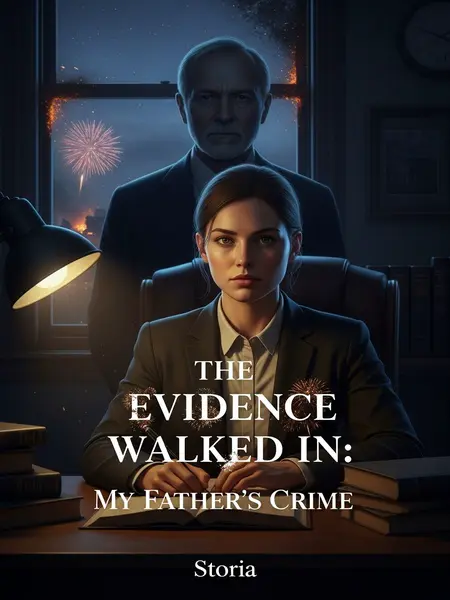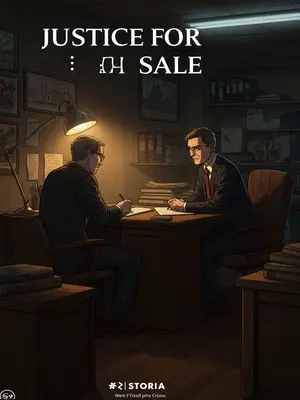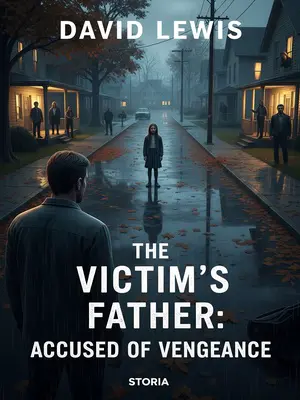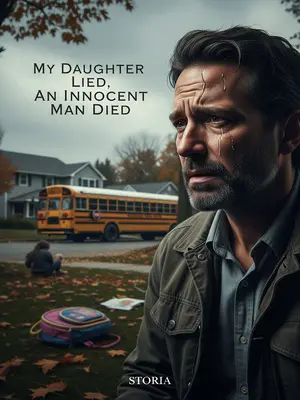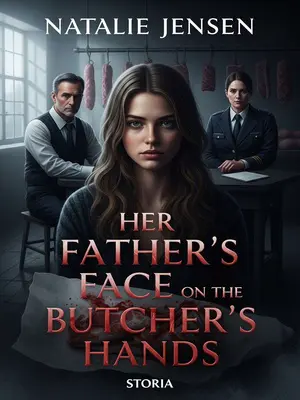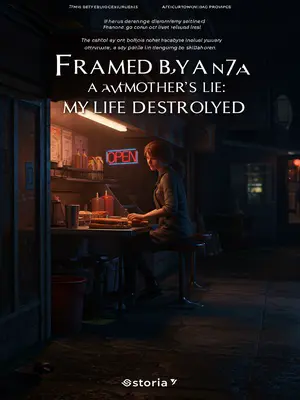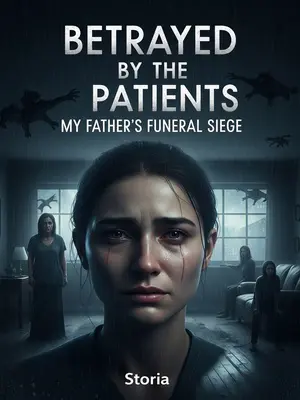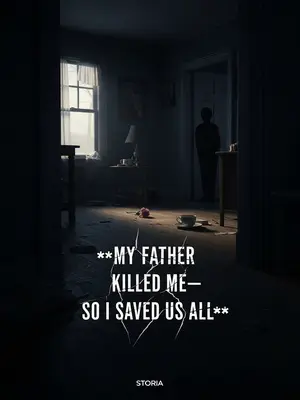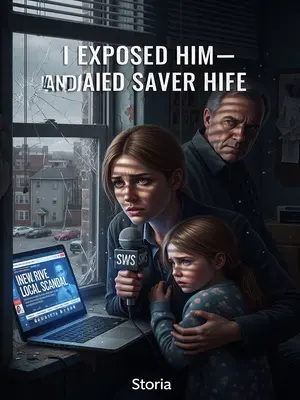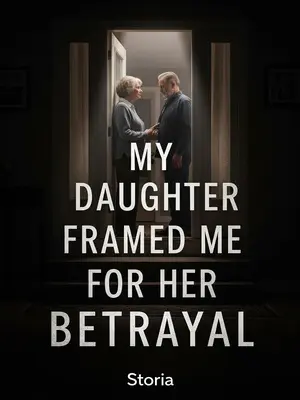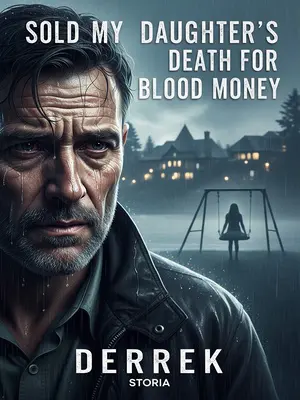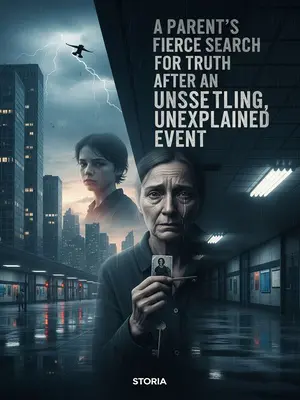Chapter 13: After the Story
Hannah’s eyes were brimming with tears as she spoke up to this point.
I shifted in my chair, suddenly wishing I’d brought a box of tissues. "That’s a very moving story—and indeed, quite strange."
She sat silently for a moment, dabbing at her eyes with the sleeve of her jacket. The room felt heavy, thick with the weight of all she’d just revealed.
But as far as I could recall, my colleague never mentioned any explosion accident related to this case.
Given that what Hannah described happened in 1996, several years before the case, I didn’t object.
But to be safe, I still needed to check the case files.
I walked to the door and asked the intern to bring the files.
The intern, a nervous kid from Cleveland, hustled down the hall, papers clutched in both hands like they might float away. I tried to hide my impatience as I waited.
Hannah’s gaze followed me. "Attorney Martin, do you think my father did something wrong?"
She looked so vulnerable then—like a child again, hoping for absolution from a stranger.
I returned to my seat and said, "It doesn’t matter what I think. I’ve only heard your side of the story, so naturally I empathize with you and feel your father did nothing wrong. But if you think carefully, there are some inconsistencies."
I tapped my pen on the table for a moment, thinking over her words, then continued, "What inconsistencies?"
The key question is: Why did your father go to the warehouse at midnight?
"Obviously, you hope your father went to steal fireworks for you. Even if it means bearing pain and guilt, at least it makes his actions seem pure. But your father stealing fireworks for you doesn’t quite add up. Was there any special occasion in your family at that time?"
"No."
"There was no celebration, and it was still three months until New Year’s. So why steal them then? You might think maybe he wanted to prepare early—that barely makes sense, but let’s set that aside. If he stole fireworks for you, could you even use them? The town is small; everyone knows your family can’t afford fireworks, and fireworks aren’t like ordinary goods—you can’t use them secretly at home.
If you set off fireworks, people would get suspicious, especially the workers who disliked your father. From your description, your father was cautious and intelligent—he would have realized this and wouldn’t have acted so rashly.
So, if your father really went to steal fireworks, it probably wasn’t for you, but for some other reason. The workers’ theory makes more sense: as a quality inspector, your father could mark good products as defective, store them in the warehouse, and look for a chance to sell them out of town. If that’s true, then he did do something wrong.
But if your father didn’t go to steal fireworks, then there probably wasn’t any mislabeling. But if not to steal, what was he doing at the warehouse so late? If it was something good, why not do it openly during the day?"
Hannah said, "Attorney Martin, I thought the same as you back then. Because we can’t imagine how complicated things in this world can be."
Her voice was barely a whisper, but her eyes met mine with an intensity that said: there was still more to come.
"Alright, go on."
I sat back, bracing myself as the afternoon sun slipped lower, casting long shadows across the polished wood of the conference table. I braced myself, because whatever Hannah said next—I knew it would blow the case wide open.
